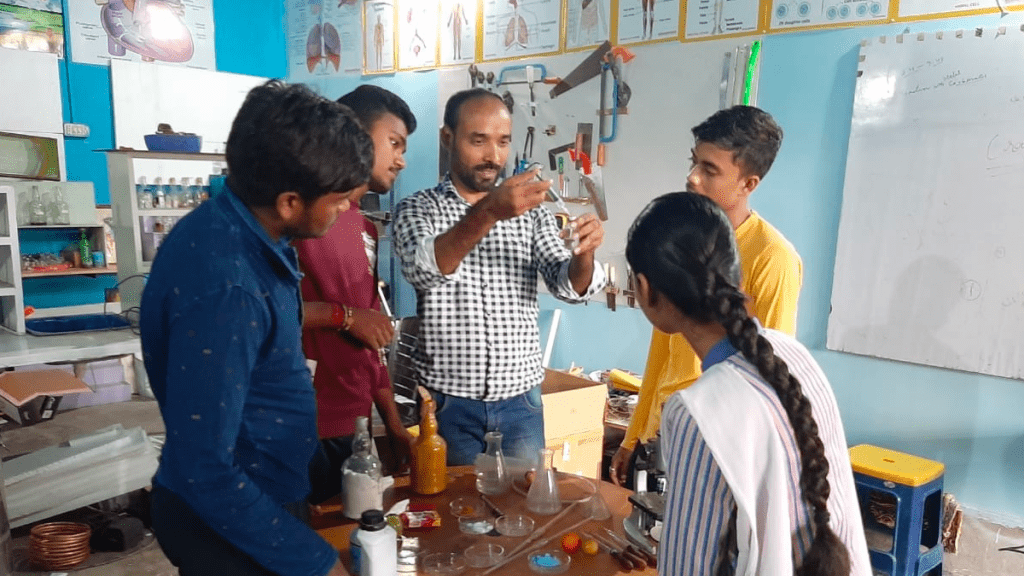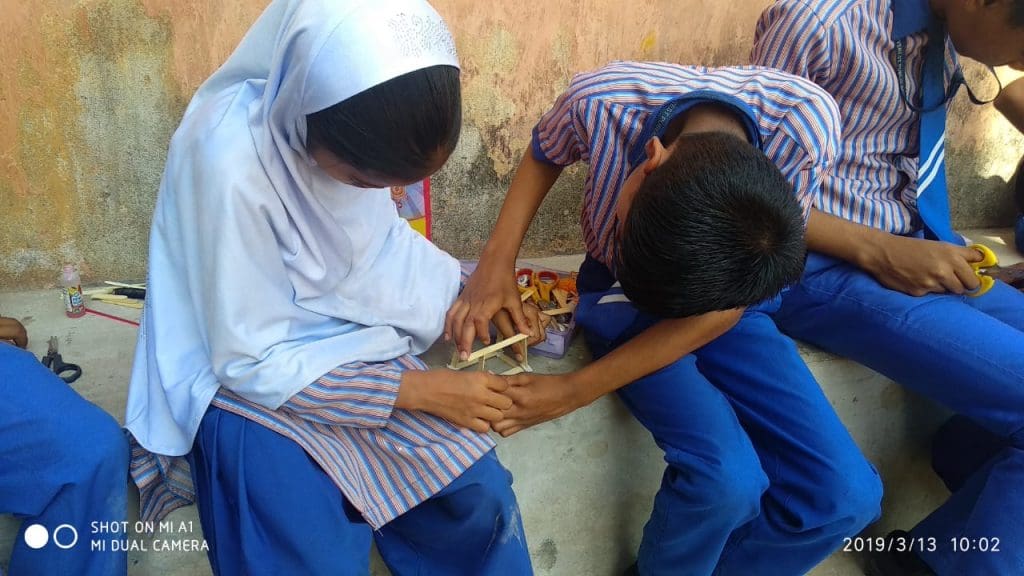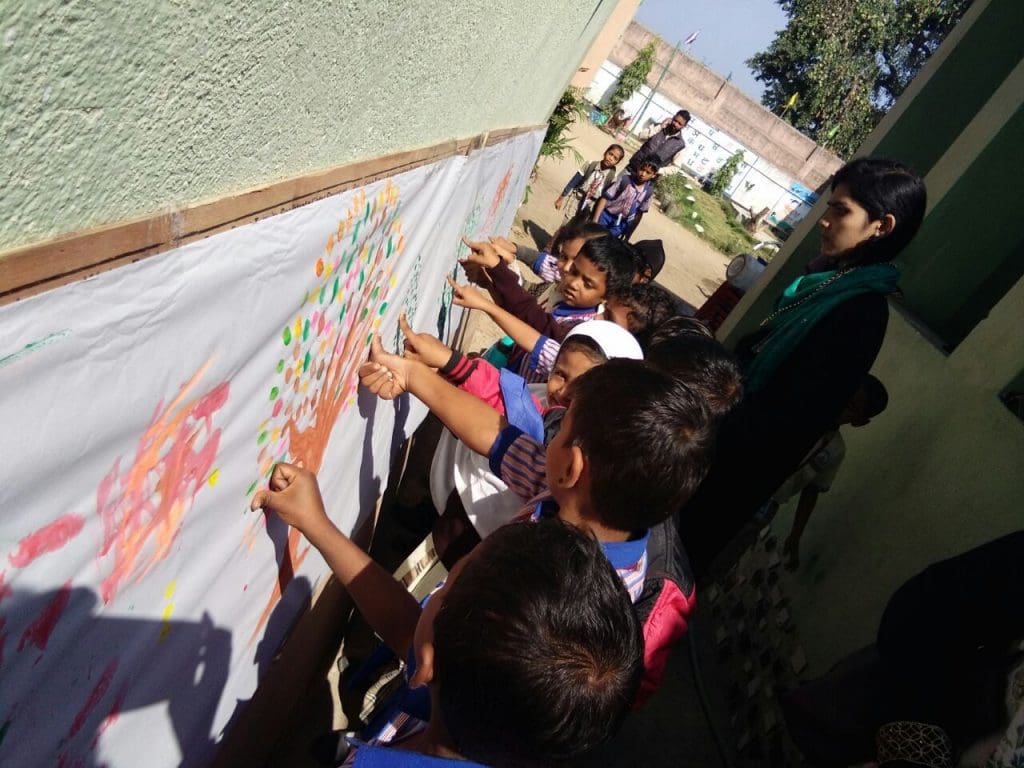
Mohammad Sajid Hussain was a scientist with a promising job at National Aerospace Laboratory. But he wanted to return home.
In Chitarpur, his native village in Jharkhand, students had no access to modern education methods. Sajid felt he is responsible to make a change.
Sajid quits his job in 2015 to develop a nuanced pedagogy that helped thousands of students “learn better”. His practice-based education model is gaining momentum in the state where the education style has never been reformed.
The 35-year-old pursued Metallurgical Engineering and a PhD from Germany with Marie-Curie Fellowship. But his beginnings were simple.
“Till my sixth grade, I studied in a Madarsa,” recalls Sajid. After his primary education from Darsagah Islami, he joined the village government school, where he got no attention or guidance.
“There was a push on rote learning in my school and the teachers weren’t cooperative either. There was no one to mentor us. In my childhood days, I heard a lot of stories about Abdul Kalam and many other scientists. I was fascinated and want to be like them”.
His struggles paid off, landing him in good opportunities. But with achievements, he felt responsible.
“I was sitting on the stairs of a library in Paris, where I was struck with the thought that what am I actually doing here. What am I doing for my people?”
These thoughts lead him to create a new pedagogy called Schoolasium.
Schoolasium


Rote learning has been a major part of the Indian Education system. Scoring high percentages and clearing significant entrances is considered a very honourable achievement. Sajid being a product of the same education system was never happy with this system.
“It doesn’t help a child in absorbing the concept or making them curious to learn more. It’s very sad. I thought I should create something for the good of my locality”.
Sajid thought that as gyms promote muscle development through rigorous physical exercising, in the same way, the brain can’t develop only through reading but practical application is necessary to understand the concept.
School+Gymnasium= Schoolasium.
Schoolasium’s fees are only Rs 500 a month and the parents who’re unable to pay have special consideration.
“This concept will be called influential learning, the present concept of repetitive knowledge is fixed knowledge, for example: What’s the capital of Uttar Pradesh or who invented Television, this learning is not important anymore. This type of knowledge is okay only for reading purposes and is easily available on Google and Wikipedia. Now, what is important is to promote problem-solving skills, and the kids that we are teaching right now aren’t the kids of 2021, they’re the kids of 2050. So, that’s how we have to teach them and prepare them for the future”.
Long way ahead


Sajid wants to play a role in helping society to adopt new methods of teaching and learning.
“No one wants to adopt change. Everyone likes to stay in their comfort zones, a teacher thinks that giving a lecture is more than enough. So, this will be a long term process,” explains Sajid
Sajid’s awareness program regarding his pedagogy is getting popular. With 122 schools adopting this new method of teaching, Sajid thinks it’s going to take 10-12 years for it to completely settle in. Working with the teachers on the grass root level is the only way to convince them.
“They themselves being a product of rote learning is the biggest challenge”.
“It’s a bottom to top approach, first the society has to be cooperative and that’s when a difference will occur. Our education system being exam driven isn’t something that should be appreciated. If we want to reform the education system of India, we have to first reform the exam system. It’s the need of the hour,” he added.



